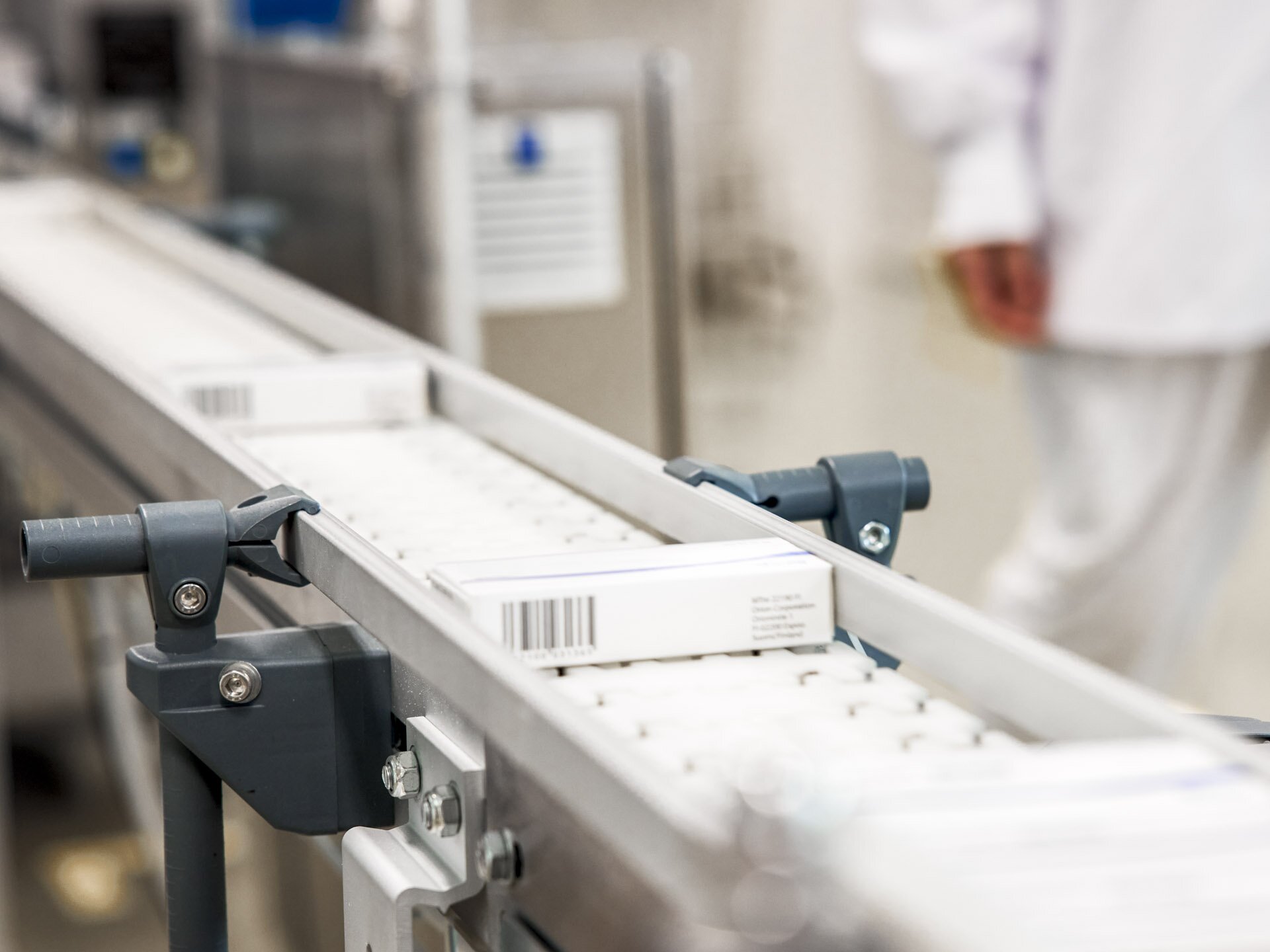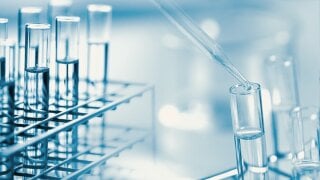Biological drugs are rapidly gaining ground in the treatment of many common diseases such as asthma, diabetes, rheumatism, psoriasis, inflammatory bowel diseases and cancer. Biological drugs are not taken orally but are injected under the skin or into the bloodstream. They target a specific structure in the cell, reducing the adverse effects of drug-based treatment. Half of the drugs under development are already biological products.
Biological drugs can be used to modify the body’s physiological functions, such as defence mechanisms, or to replace a molecule in the body that is functioning abnormally. A biological drug may also seek to destroy target cells associated with an illness or inhibit molecules involved in the development of an illness.
Compared with chemical pharmaceutical ingredients, biological pharmaceutical ingredients are large and complex molecules. A biological drug contains material such as proteins, hormones and growth factors produced by a healthy body. Biological drugs are produced using gene technology in bacteria, yeast or animal and insect cells, for example.
A biosimilar lowers pharmaceutical costs and offers more treatment options
A biosimilar is a biological drug that is clinically similar to a biological proprietary drug. The active substance in both medicines is the same, but its version is different. In practice, biosimilars are as effective, safe and high quality as the proprietary drug, and they are subject to the same dosage instructions and warnings as the proprietary drug.
Producing biological drugs in living cells is more complex and expensive than producing traditional chemical drugs. This is why the prices of biological drugs are so high.
The demonstration of biosimilarity is based on comprehensive comparability studies carried out alongside the proprietary drug in terms of structure, biological activity, efficacy and safety. As the clinical development programme for biosimilars is largely based on knowledge gained of the biological proprietary drug, the clinical development of a biosimilar does not need to be as extensive as that of the proprietary drug.
The marketing authorisation requirements for biosimilars are also less extensive than those for the biological proprietary drug, which means that a biosimilar can enter the pharmaceutical market at a lower price than the proprietary drug. This will trigger price competition, which will reduce the cost of treatment for both patients and society and will provide patients with more treatment options. This means that a larger number of people can be treated at the cost of the biological proprietary drug.
Biological drugs and biosimilars to be included in the pharmacy substitution of medicines
The pharmacy substitution of generic drugs, where pharmacies substitute a medicine prescribed by a doctor for a cheaper interchangeable medicine, has been in use in Finland since 2003. From the beginning of 2024, pharmacies will also be able to substitute biological drugs and biosimilars that have been deemed interchangeable by Fimea. The pharmacy substitution of biosimilars will begin gradually with different categories of medicines.
Sources:
- https://www.fimea.fi/laaketurvallisuus_ja_tieto/biologiset-laakkeet
- https://www.fimea.fi/laaketurvallisuus_ja_tieto/biosimilaarit
- https://www.terveyskyla.fi/laaketalo/tietoa-l%C3%A4%C3%A4kkeist%C3%A4/biologiset-l%C3%A4%C3%A4kkeet
- https://valtioneuvosto.fi/-//1271139/biologisten-laakkeiden-apteekkivaihto-otetaan-kayttoon-porrastetusti-vuosina-2024-2026











